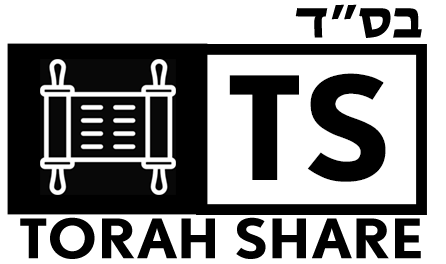Rabbi Breitowitz – Interesting Q&A sessions including answering questions like:
What is Karet (excision of the soul)? Including the machloket (disagreement) about what it actually means. (time stamp 31:55)
What does it mean Derech Eretz Kadma L’Torah? (common decency before the Torah). It might be different than one might think. (time stamp 1:06:35)
Do we encourage people to convert who have a lot of opposition from their family? This also includes a Jew who is becoming more religious in opposition to their family. There are important sensitivities involved. (time stamp 1:19:11)
Did the holocaust lead to the State of Israel? (time stamp 1:27:20)
Click here for more videos from this Rabbi’s on this YouTube Channel:
https://www.youtube.com/@OhrSomayach
If you are interested in receiving these Torah-Share.com posts via email please subscribe here: https://torah-share.com/subscribe/
